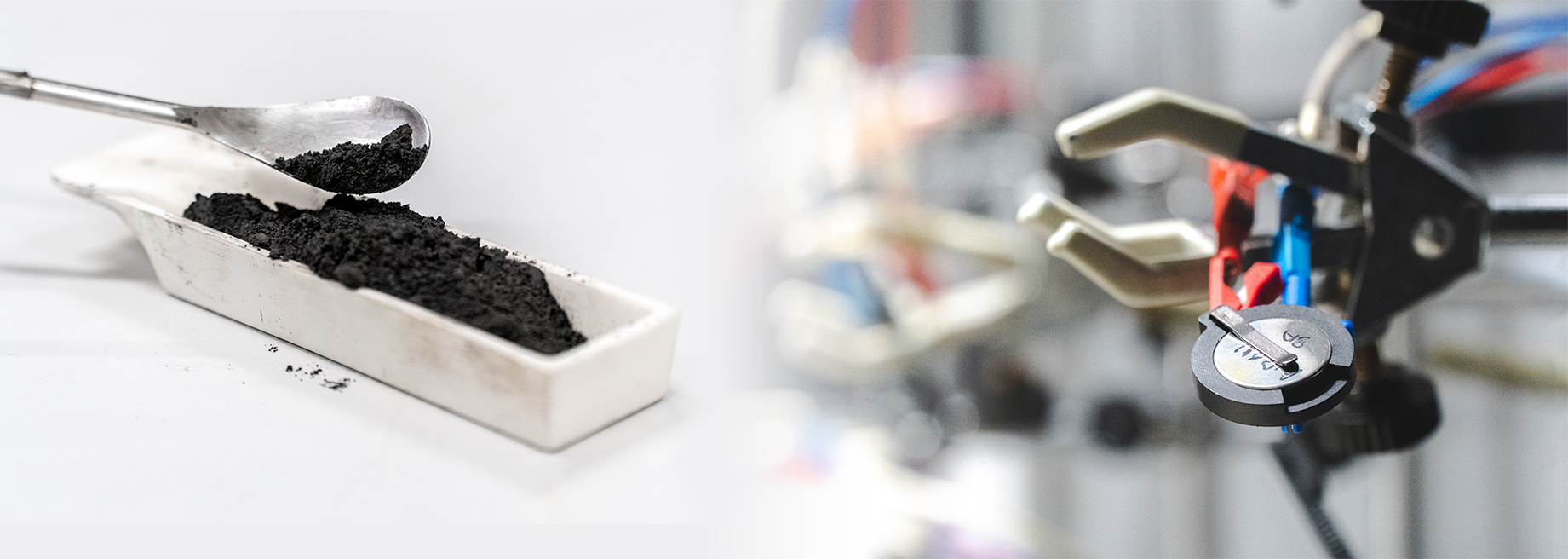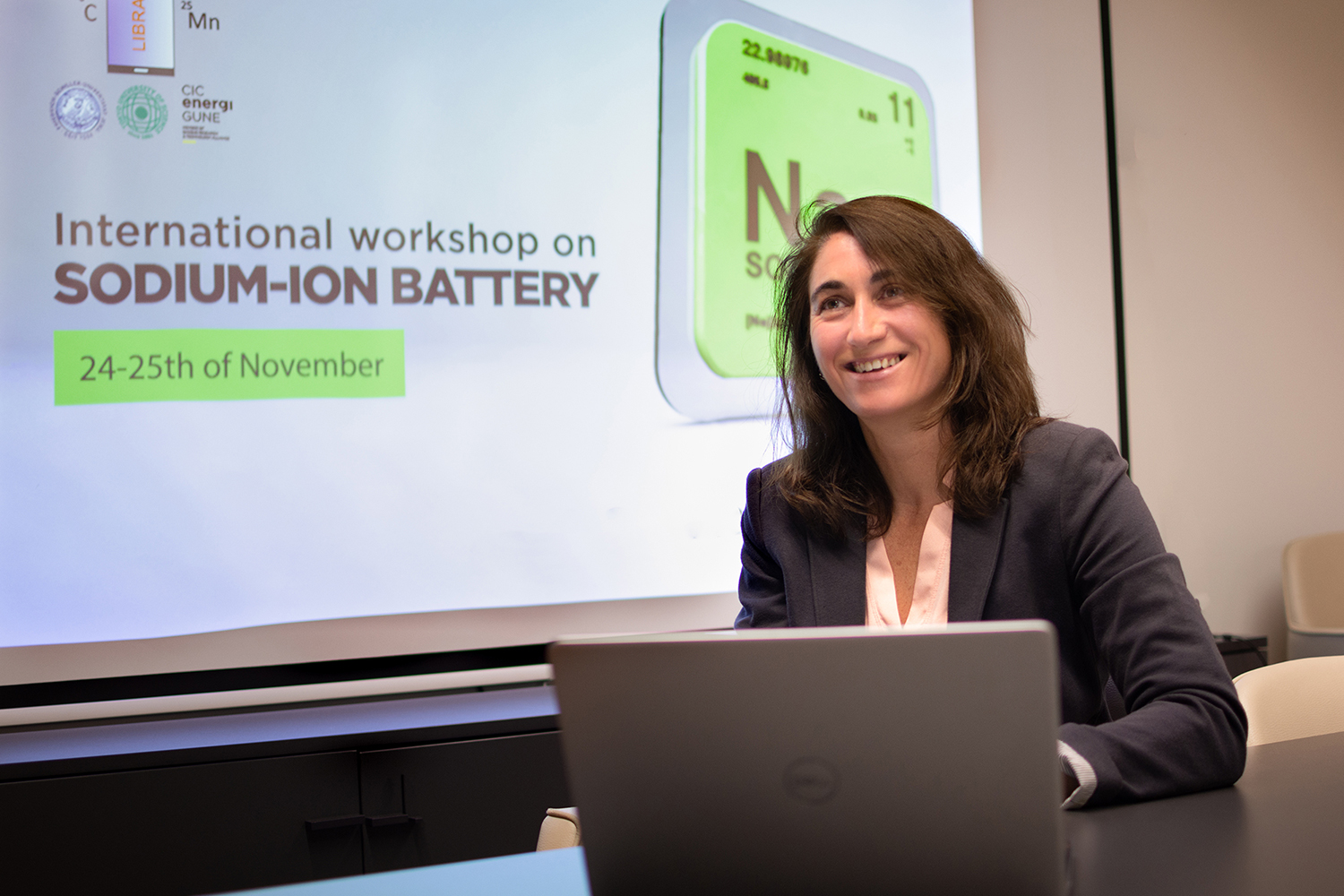CIC energiGUNE, the Basque research center of reference in battery storage, thermal energy solutions, and hydrogen technologies, and member of the Basque Research & Technology Alliance-BRTA, organizes today and tomorrow an International workshop on the sodium-ion battery, field on which the Basque center has positioned itself as a referent agent. The meeting, which will be entirely held virtually, has attracted more than half a thousand experts from all over the world, in a moment where the race for substituting the lithium-ion battery with other more sustainable and abundant materials has once again put the sodium-ion (Na-ion) technology at the forefront, specially after the Chinese manufacturer CALT has recently announced its entrance to the sodium-ion batteries market by 2023.
“Even if the field of the electric car is not currently the principal option in this race opposite lithium, we cannot forget that this technology offers many advantages, in sustainability, abundance and costs of the raw materials, which make it worth the while to maintain and strengthen research in this field”, has assured doctor Montserrat Galcerán, responsible for the line of research at CIC energiGUNE on Na-ion and coordinator of the Workshop. “In any case, because of its characteristics, they are an excellent alternative to lithium on stationary storage, for example, specially in the long term where the stage of the availability of the resource of lithium is not clear”, has assured Montse Casas-Cabanas, Scientific Coordinator of the Area of Electrochemical Energy Storage.
In this sense, the event, which will be celebrated today Wednesday and tomorrow Thursday in a virtual format, will serve as an international forum to facilitate scientific discussion on the findings of cutting-edge researches related to sodium-ion batteries and their applications. The workshop, which counts with the participation of more than 500 international experts of the academic and professional sectors, is framed within the international project LIBRA (Low-cost sodium-ion battery and efficiency based in abundant elements) directed by professor Philipp Adelhem, from the Humboldt University of Berlin; professor Shinichi Komaba, from the Tokyo University of Science; and doctor Montserrat Galcerán herself, from CIC energiGUNE.
Overall, the project has as an objective to explore sodium-ion batteries that are highly efficient and low-cost based on abundant elements for stationary applications. The role of CIC energiGUNE in this project is crucial, since its research task is centered around this type of Na-ion batteries, including solid-state sodium technology, and its priority is the improvement of the electrochemical and physical properties at a material level with the objective of maximizing the performance of Na-ion batteries.
Among the main speakers of the Workshop are Kristina Edström, Professor of Inorganic Chemistry at the Uppsala University and coordinatior of the initiative Battery 2030Plus; Rob Armstrong, member of EaStChem in Energetic Materials at the University of St. Andrews; Jerry Barker, Founder and chief scientist at Faradion Limited; Maria Forsyth, of the Deakin University in Australia, Yong-Sheng Hu, of the Chinese Academy of Science and founder of the spin-off HiNa, or Corsin Battaglia, Laboratory director of Materials for Energy Conversion of the Empa; among others.





